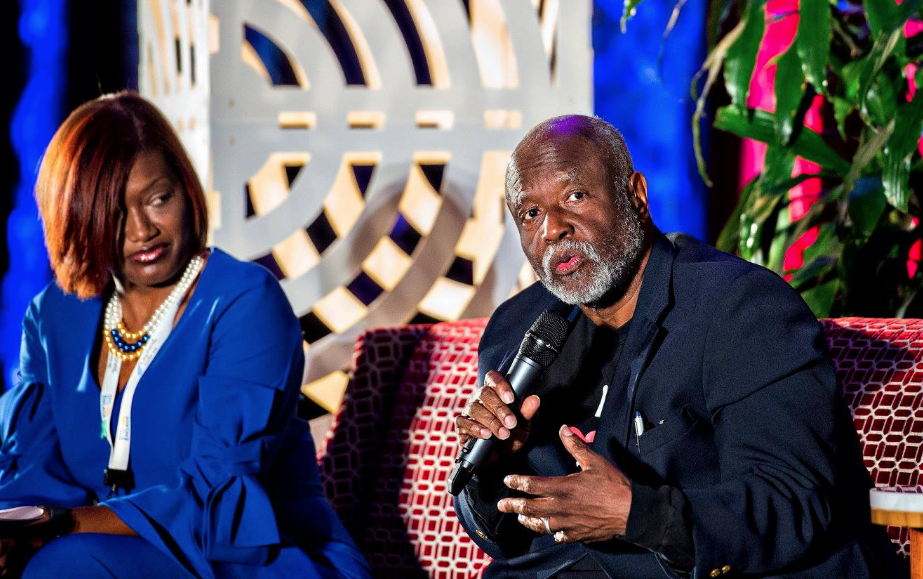NCSD Mourns Passing of Bill Jenkins, PhD, Tuskegee Syphilis Study Whistleblower
Dr. Bill Jenkins was a pivotal figure in exposing the Tuskegee Syphilis Study and a man who devoted his career to fighting racism in health care.

The National Coalition of STD Directors mourns the passing of Dr. Bill Jenkins, who passed away February 17. Dr. Jenkins was an early whistleblower who tried to expose the unethical Tuskegee syphilis study among African American men in the 1960s and devoted the rest of his career to fighting racism in health. Later, as part of the Tuskegee Syphilis Study Legacy Committee, a report was issued in 1996 that urged President Clinton to apologize for the study on behalf of the country. That apology was delivered by President Clinton on May 16, 1997 before a White House gathering that included eight surviving participants of the study as well as families of the deceased.
“Today, the United States continues to live with the racist legacy of the Tuskegee syphilis study. Distrust of public health, the medical establishment and research, especially among communities of color, are a devastating legacy that we continue to work to overcome every day. Distrust of the system undermines our ability to fight epidemics like STDs and HIV. Dr. Jenkins was a public health hero – we need to learn from his life’s work and legacy today more than ever,” says David C. Harvey, executive director.
“We are truly fortunate that Dr. Jenkins spoke to NCSD’s annual meeting last November. On the topic of health equity and the lessons learned from The Tuskegee Syphilis Study, Dr. Jenkins addressed the mistrust of the system that continues to this day among communities of color. It was my honor to share the stage with Dr. Jenkins. I mourn his passing, but I am grateful his legacy lives on,” said Michelle Allen, former board chair of NCSD and the Infectious Disease Section Director of the Georgia Department of Public Health.
Read Dr. Jenkins’ obituary here.
 Dr. Bill Jenkins delivers a keynote address at STD Engage 2018 with Michelle Allen, during the plenary, “Building Healthier Communities: A Discussion About Health Equity and Leadership.”
Dr. Bill Jenkins delivers a keynote address at STD Engage 2018 with Michelle Allen, during the plenary, “Building Healthier Communities: A Discussion About Health Equity and Leadership.”